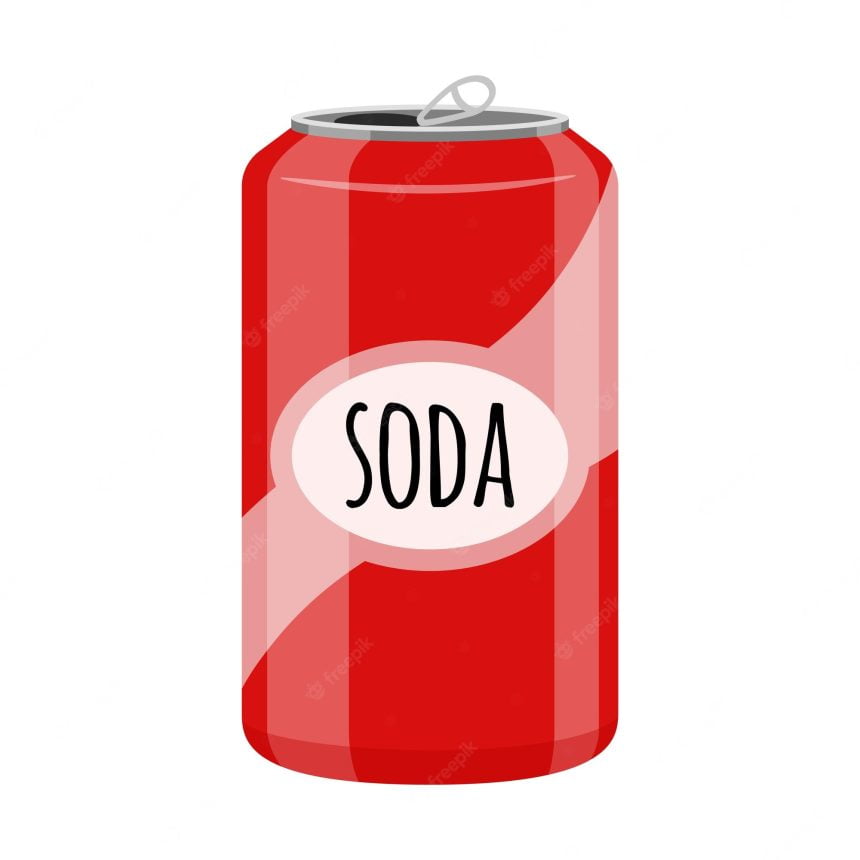
Introduction
Diet soda has become a popular choice for those seeking to cut down on sugar and calories. With promises of a healthier alternative to regular soda, it is often perceived as a better option for dental health as well. However, the truth is far from sweet. In this article, we will delve into the bitter truth about diet soda and its impact on dental health.
Acidic Assault on Tooth Enamel
One of the major concerns regarding diet soda is its high acidity level. Diet sodas often contain phosphoric acid, citric acid, or both, which give them their tangy flavor. These acids have a corrosive effect on tooth enamel, the protective outer layer of our teeth. Regular consumption of diet soda can gradually erode the enamel, making teeth more vulnerable to cavities and tooth decay.
Dental Erosion: A Rising Concern
The erosive nature of diet soda can lead to a condition known as dental erosion. Dental erosion occurs when the acid in soda softens and wears away the enamel. Over time, this can expose the underlying dentin layer, causing tooth sensitivity, discoloration, and an increased risk of tooth decay. Dental erosion has become a rising concern, with studies linking it directly to the consumption of acidic beverages like diet soda.
Cavity Culprit: Artificial Sweeteners
While diet soda may be free of sugar, it often contains artificial sweeteners like aspartame, saccharin, or sucralose to provide a sweet taste without the added calories. However, these artificial sweeteners can still contribute to dental health issues. Bacteria in the mouth feed on these sweeteners and produce acids as a byproduct. These acids can attack the teeth and lead to the formation of cavities, undermining the perceived benefit of sugar-free soda.
Dry Mouth Dilemma
Diet soda’s diuretic properties can lead to a dry mouth, also known as xerostomia. When the mouth lacks sufficient saliva, it becomes an ideal environment for bacteria to thrive. Saliva plays a crucial role in neutralizing acids and washing away food particles, protecting the teeth against decay. Without enough saliva, the mouth becomes more susceptible to dental problems such as cavities and gum disease.
Stained Smiles: Aesthetic Consequences
Diet soda’s dark side isn’t just limited to dental health concerns; it can also affect the appearance of our smiles. Dark-colored diet sodas contain chromogens, highly pigmented substances that can stain tooth enamel. Over time, regular consumption can result in yellowing or discoloration of the teeth, making them appear less attractive and healthy.
Conclusion
Despite its reputation as a healthier choice, diet soda poses significant risks to dental health. Its high acidity levels can erode tooth enamel, leading to dental erosion and an increased risk of cavities. The presence of artificial sweeteners and the potential for dry mouth further exacerbate these problems. Moreover, the aesthetic consequences of tooth staining cannot be ignored. It is crucial to understand the bitter truth about diet soda and make informed choices for the sake of our dental health. Minimizing consumption, opting for healthier alternatives, and maintaining good oral hygiene practices are essential steps in preserving our teeth and smiles.






